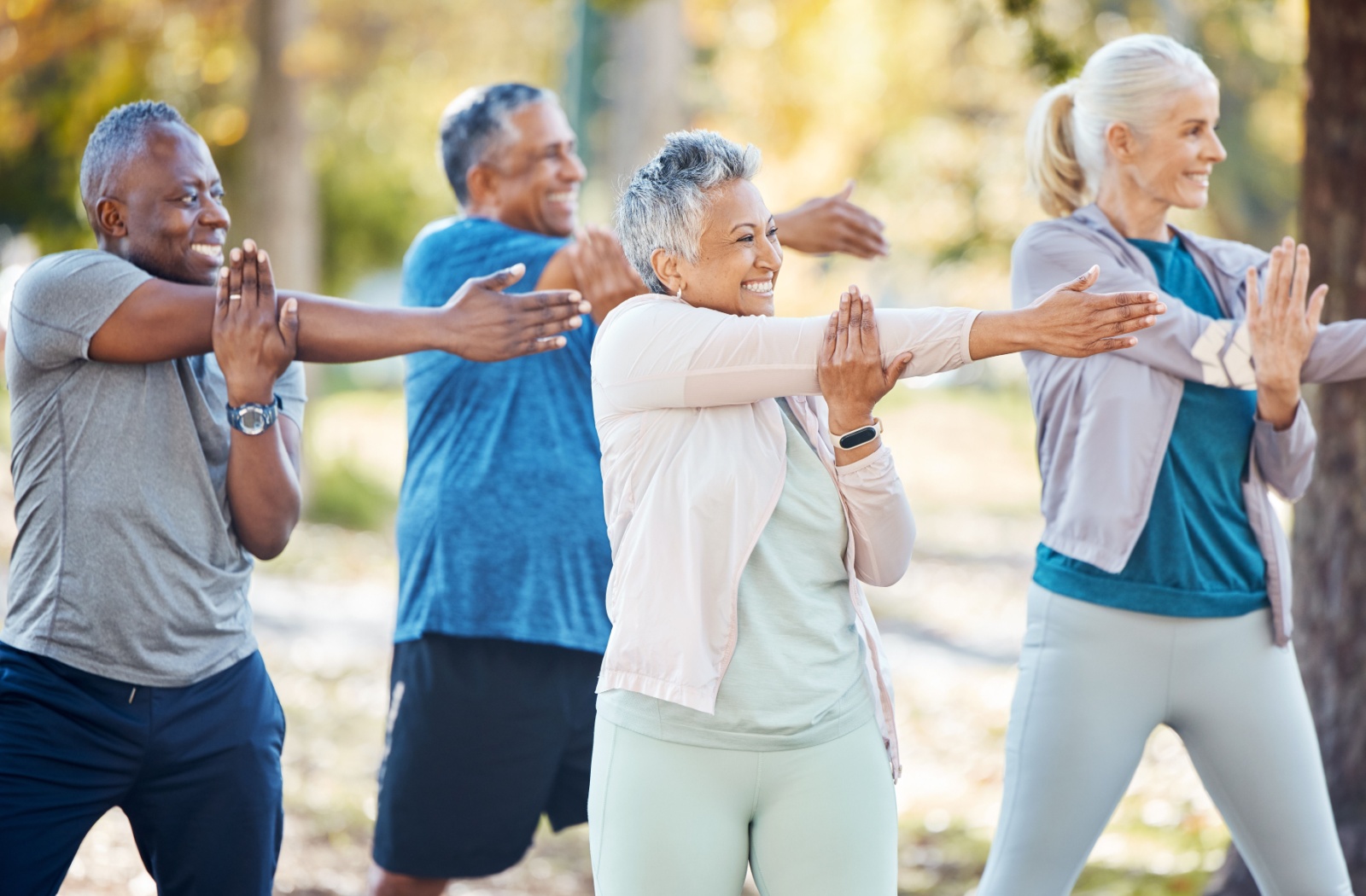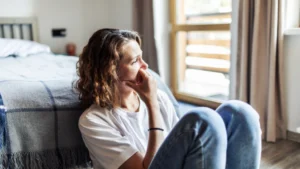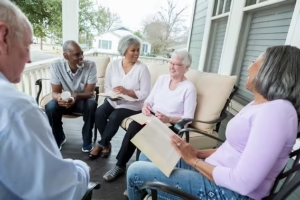Living a busy life becomes more important as you get older, not less. Even though it’s normal to slow down as you get older, staying busy helps seniors stay independent, feel better, and lower their risk of getting chronic diseases. You don’t have to do hard workouts or go to the gym every day to be active. Even small amounts of moving done regularly can have big effects on your mental, physical, and social health.
A big part of growing well is staying active. It helps older people stay strong, flexible, mobile, and sure of themselves. Even better, it lowers the chance of diseases like heart disease, diabetes, osteoporosis, sadness, and memory loss. Working out isn’t only about helping older people look good; it also contributes to their overall well-being and longevity.
Making it easier to move around and avoiding falls
One of the main ways that adults get hurt is by falling. Muscles get weaker, joints get stiffer, and balance may get worse with age. Being active on a regular basis can help fight these affects. Strength training helps keep joints stable and grows muscle. Balance and flexibility training, like tai chi or yoga, makes it easier to move around and coordinate your movements.
Walking, light strength training, and easy stretching can make it much less likely that someone will fall and boost confidence in daily activities. Seniors who work out daily are more likely to stay independent, walk without help, and safely do things around the house. Being stronger makes you safer and gives you more freedom.
Making sure your heart stays healthy
Heart disease is still the main reason older people die, but one of the best ways to protect heart health is to work out regularly. Low-impact exercises, swimming, brisk walking, and riding are all good ways to lower blood pressure, lower cholesterol, and improve circulation.
Cardiovascular workouts help adults do daily tasks without getting tired fast because they build stamina and blood flow. A heart attack or stroke is much less likely to happen if you exercise moderately for 30 minutes most days of the week. It is not about how intense you are, but how consistent you are.
Promoting physical and mental health
Not only is exercise good for the body, it’s also good for the mind. Endorphins are the brain’s natural “feel-good” chemicals that are released when you exercise. They help lower stress, anxiety, and sadness signs. It also helps you sleep better, which is important for older adults who often have trouble sleeping.
Seniors who work out daily often feel better, have more confidence, and have a more positive view of life. Going to group classes or going for a walk with a friend are also good ways to meet new people and socialize, which can help you feel less lonely and alone as you get older.
Improving brain health and slowing down cognitive decline
Many seniors worry about cognitive loss, but research has shown that exercise can help the brain work better and slow the development of diseases like Alzheimer’s and dementia. Working out brings more blood to the brain, which improves memory, concentration, and general mental sharpness.
Getting some exercise every day can help keep your brain sharp and active. Dancing, yoga, and martial arts are all good examples of activities that work both the body and the mind. This is because they require balance, rhythm, and memory.
Keeping your muscle mass and bone strength up
Some people naturally lose muscle mass after age 50. This is called sarcopenia. This loss can weaken you and increase your risk of injury. Resistance training and workouts that use weights can help stop muscle loss and make bones stronger, which is especially important for avoiding osteoporosis.
Anyone of any fitness level can do simple strength workouts at home, like chair squats, wall push-ups, or using resistance bands. Not only is it important for exercise, but it’s also important for everyday things like easily getting out of a chair, climbing stairs, and lifting groceries.
Helping with weight loss and metabolism
As you get older, your metabolism slows down. But staying active can help you burn more calories and keep a healthy weight. Having too much weight can put stress on the joints, raise blood pressure, and make you more likely to get illnesses like heart disease and type 2 diabetes.
Seniors can better control their weight and feel better in their bodies when they combine exercise with a healthy diet. Even a small rise in physical exercise can change the way your body looks, help you lose fat, and make your metabolism work better.
Getting people to sleep better and rest better
As you get older, sleep problems become more frequent. Not getting enough sleep can make you tired, irritable, and have trouble thinking during the day. Working out helps keep the body’s internal clock in sync, lowers stress hormones, and makes sleep deeper and more peaceful.
Seniors can fall asleep faster and sleep longer if they exercise during the day and not too close to bedtime. When you’re ready to relax and get your body ready for sleep, light stretching or walking after dinner can be very helpful.
Beginning Small and Sticking to It
For adults who have never worked out before or who have physical problems, it’s best to start out small. You can start at any time. Health and quality of life can get a lot better with short walks, easy stretches, or activities done in a chair. It’s not perfection that matters, but being consistent.
Including fitness, strength training, flexibility, and balance exercises in your practice is good for you in many ways. The best exercise is one that you enjoy and can keep up for a long time. Moving around often keeps the body young, whether you’re dancing, farming, swimming, or just walking the dog.
Getting First to Talk to Your Doctor
Seniors should talk to their doctor before starting a new exercise plan, especially if they already have health problems. A healthcare provider can help you set safe, attainable goals and suggest workouts that are right for you. Physical therapy may be suggested to help people get stronger or deal with long-term pain.
Aging Strong with Every Step: One of the best ways for adults to stay strong, energetic, and healthy well into old age is to keep working out. It keeps you healthy, boosts your happiness, keeps your brain safe, and keeps your freedom. The main benefit is that it makes life better.
It’s not enough to just live longer; you should also live better as you age. Active adults can stay healthy physically, mentally, and socially at any age by moving every day and staying active in safe and fun ways.




